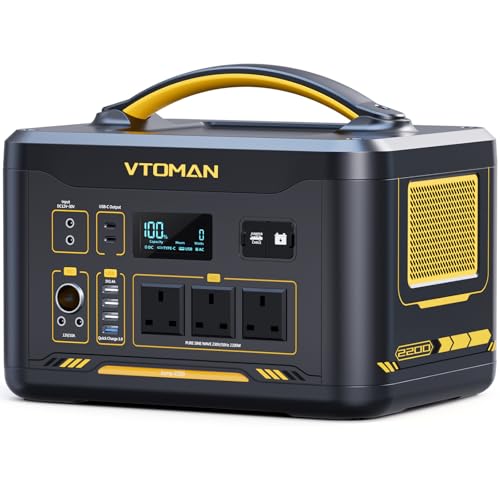Understanding Cookers: What Types Are Available?
Types of Cookers Explained
When we talk about cookers, we’re actually referring to several different types of appliances designed for cooking food. The most common types include electric ovens, gas cookers, and dual-fuel models that combine both gas and electric functionality. Electric ovens tend to be very user-friendly and offer precise temperature control, making them ideal for baking. Gas cookers, on the other hand, provide instant heat and are often favoured by those who enjoy the versatility of flame cooking. Dual-fuel options give you the best of both worlds, with electric ovens for baking and gas hobs for quick heating. Additionally, we have induction cookers, which use electromagnetism for fast, energy-efficient cooking but require compatible cookware.
Key Features to Look for in a Cooker: A Simplified Guide
Essential Features for Everyday Use
As we dive deeper into choosing a cooker, there are a few key features that can significantly enhance our cooking experience. Firstly, consider the control options: digital controls offer more precision, while manual dials may be easier to use for some. Also, think about the oven’s capacity; a larger oven is beneficial for batch cooking or when entertaining guests. Look for additional features like a self-cleaning function, which can save us a considerable amount of time and effort. Another important feature to keep in mind is the energy efficiency rating, as this can translate into long-term cost savings on energy bills.
Choosing the Right Size and Capacity: What Suits Your Kitchen?
Finding the Perfect Fit for Your Space
When selecting a cooker, size genuinely matters. We should first measure the space available in our kitchen to ensure a snug fit. If we have a smaller kitchen, a compact model or a range cooker with a reduced width might be the best option. Additionally, consider the capacity: a typical oven has a volume of around 60 to 70 litres, which is sufficient for most households. However, if we do a lot of meal prep or enjoy hosting, a larger capacity could be worthwhile. Also, think about whether we need a single or double oven – doubles allow us to cook more dishes at once, which is great for busy families.
Budgeting for a Cooker: How Much Should We Spend?
Setting a Realistic Budget
When it comes to budgeting for a cooker, we should consider not just the initial cost, but also the long-term benefits and savings. Basic models can start at a lower price point, often suited for those who don’t cook frequently. However, for those of us who value efficiency, versatility, and additional features, we may want to allocate a bit more. Mid-range cookers typically offer a good mix of features and quality, while high-end models come packed with advanced technology but also come with a higher price tag. Setting a budget of around £400 to £1000 for most households is practical, providing a balance between quality and features.
Maintenance Tips for Longevity: Keeping Your Cooker in Top Shape
Caring for Your Appliance
To ensure our cooker operates efficiently and lasts longer, regular maintenance is key. This doesn’t have to be overly complicated; just developing a routine can make a significant difference. For instance, we should clean spills and splatters promptly to prevent them from becoming hard to remove. Utilizing oven liners can significantly ease the cleaning process, capturing drips and crumbs. Furthermore, we should refer to the manufacturer’s guidelines for deep cleaning, often recommended every few months. Regularly checking and cleaning the burners and grates in gas cookers can also prevent issues down the line. With these simple maintenance tips, we can keep our cooker in exceptional condition for years to come.

















